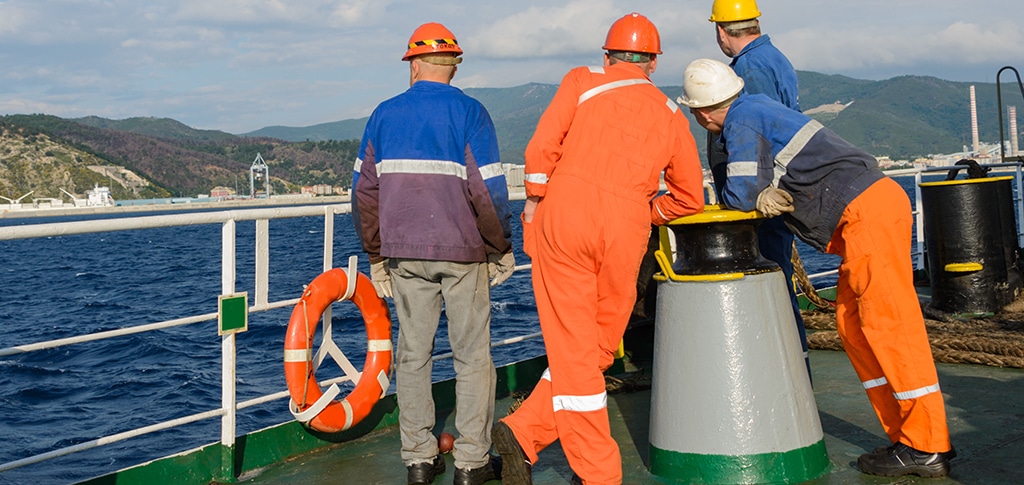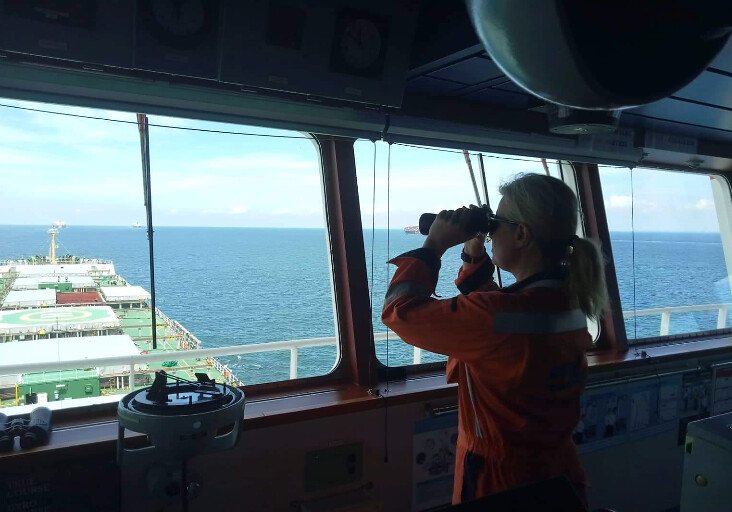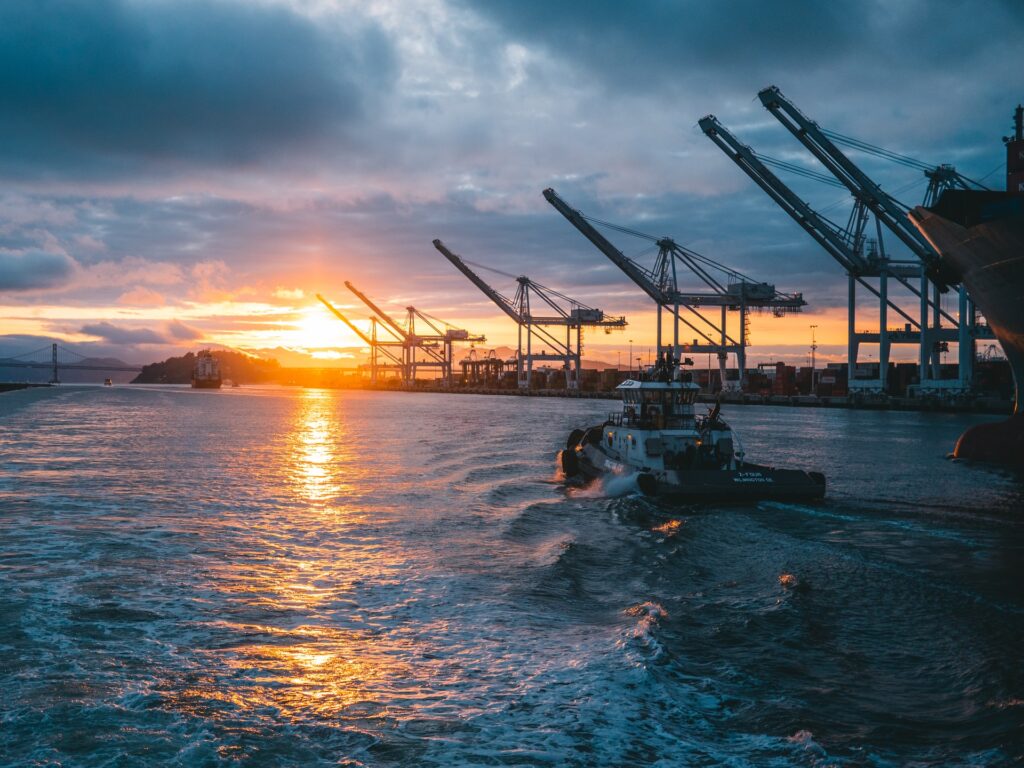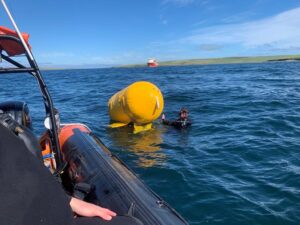Seafarer suicide is ‘under-reported’, study finds, as mental health crisis grows
 Seaman on deck
Seaman on deck
A new report into the mental health of seafarers has found that suicide remains a poorly understood issue in the maritime industry, with suicide likely to be significantly under-reported. The report finds that discussion of mental health at sea is still perceived as a ‘taboo’ topic among seafarers, which is limiting understanding of the issues.
The Ipsos report, commissioned by the Department for Transport (DfT) and the Maritime and Coastguard Agency (MCA), is based on 20 in-depth interviews conducted with a range of people who work with seafarers, or have expertise in the industry.
However, seafarers were not interviewed, as discussing the suicide of colleagues could have caused personal distress and would have required a lengthy ethical approval process.
The report finds that seafaring is an extremely challenging industry, and the strain has been worsened by the pandemic. A range of structural issues were seen to impose strain on seafarers’ mental wellbeing, including long working hours, isolation, fatigue, and financial instability.
While some of the larger shipping companies are believed to offer more comprehensive internal mental health support services than smaller companies, not all seafarers feel comfortable about accessing these support services, even when available, thanks to a combination of cultural stigma and confidentiality concerns.

When it comes to recording suicide, interviewees believe the industry needs to ‘do more’ to address the issue, which is rooted in the mental health challenges faced by seafarers. A suicide can often lead to great trauma among the crew, who can end up blaming themselves — contributing to worse mental health.
Many state there are numerous reasons seafarers are not always comfortable discussing suicide — particularly religious and cultural reasons — but there is also an ‘uncertainty problem’, where participants questioned the viability of ever being sure a particular case is definitively suicide. This particularly applies to cases where a body is lost at sea and never recovered.
There is also a widespread belief among seafarers that in a case of suicide, the victim’s family will not receive any compensation payout, unlike in a death that is caused via accident. The report concludes that this belief is erroneous. However, seafarers often circle the wagon and obscure the truth, in an attempt to protect surviving family financially and emotionally from the impact of suicide.
All interviewees agreed that, to tackle the issue of suicide specifically, the industry needs to approach mental health in a more holistic and preventative manner, rather than the reactive way it is believed to be dealt with at the moment.
Embedding mental health ‘fitness’ from the top down – through organisational and onboard culture – and from the bottom up – through cadet training and recruitment approaches – was believed to be central to addressing this issue.

“There’s no escaping the challenges involved at sea and the many sacrifices seafarers make to carry out their jobs,” says Sharon Coveney, deputy chief executive of the Merchant Navy Welfare Board (MNWB) — the umbrella charity for UK Merchant Navy and fishing fleets — in response to the report.
“The long hours, the dangerous conditions and spending months on end away from their families undoubtedly impacts seafarers’ mental health and wellbeing. Unsurprisingly, this report reinforces what we already know – there’s still a stigma around mental health. Ensuring seafarers are given the right support and guidance is more important than ever.”
In May, MNWB announced a £2m grant fund that supports seafarers’ mental health and wellbeing.
On the same day the report was released this week (12 Jul 22), MCA launched a digital Wellbeing at Sea tool to support seafarer health and wellbeing.
The new website, based on the findings of the report, provides practical advice for seafarers and helps organisations monitor wellbeing and support their employees. When a seafarer uses it, they are asked to take a digital survey. Once completed, the seafarer is given personalised advice on how to improve their wellbeing at sea. Data captured is anonymised and sent to managers within the company to help them better understand what the priorities are for improvement.
“This new digital tool, whereby those working in the maritime sector can access practical advice, is a step in the right direction and will hopefully raise awareness,” says Coveney. “Of course, there’s more we can be doing to break down the barriers so seafarers feel they are able to talk openly about mental health. And that will take time.”
Maritime minister Robert Courts adds: “I want the maritime sector to be an inviting one, and for it to move with the times and recognise that, while offering incredibly rewarding careers, life at sea can be incredibly lonely and stressful.
“This new report will help us to address this important issue, and with support from the MCA with its new online service, we will continue to challenge the sector to take action to ensure all seafarers are properly supported on land and at sea.”
Support for seafarers has been heavily featured in the in the news cycle, following P&O Ferries’ decision to dismiss 800 loyal and hardworking workers without consultation or notice. The UK Government has recently introduced new legislation to make sure seafarers get paid at least equivalent to the UK National Minimum Wage.










